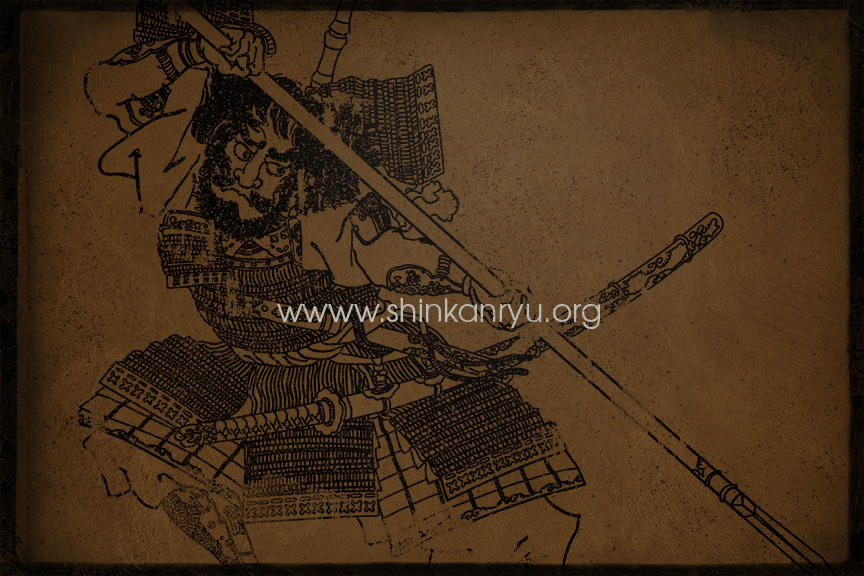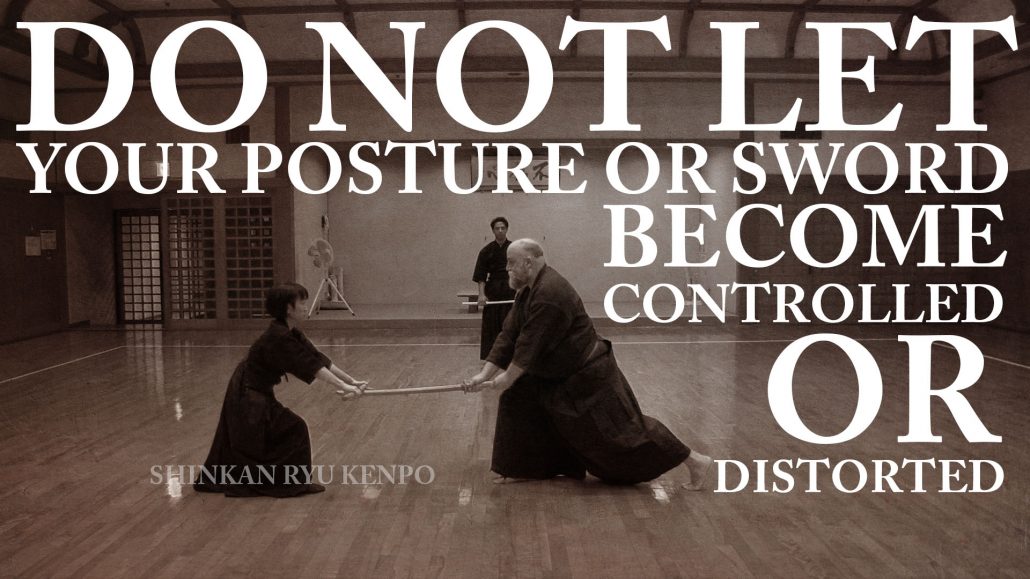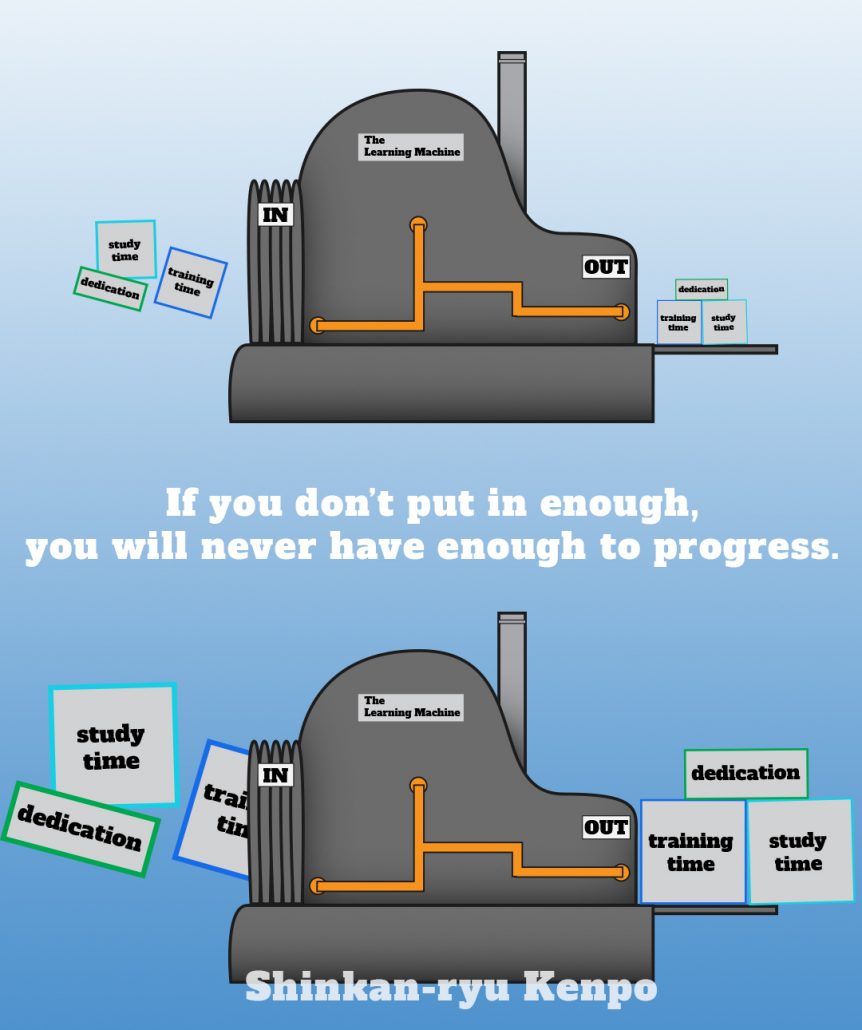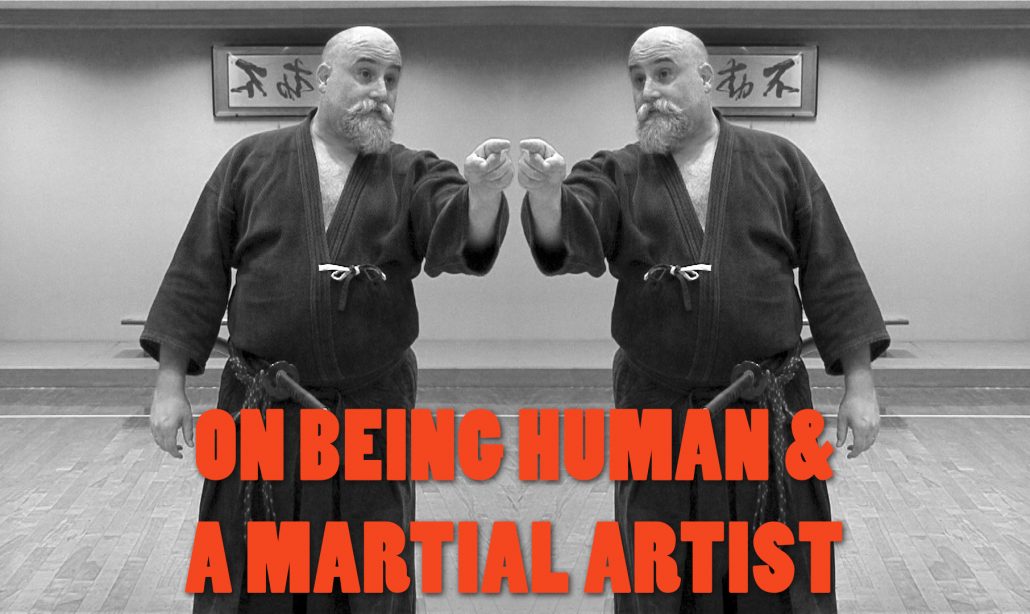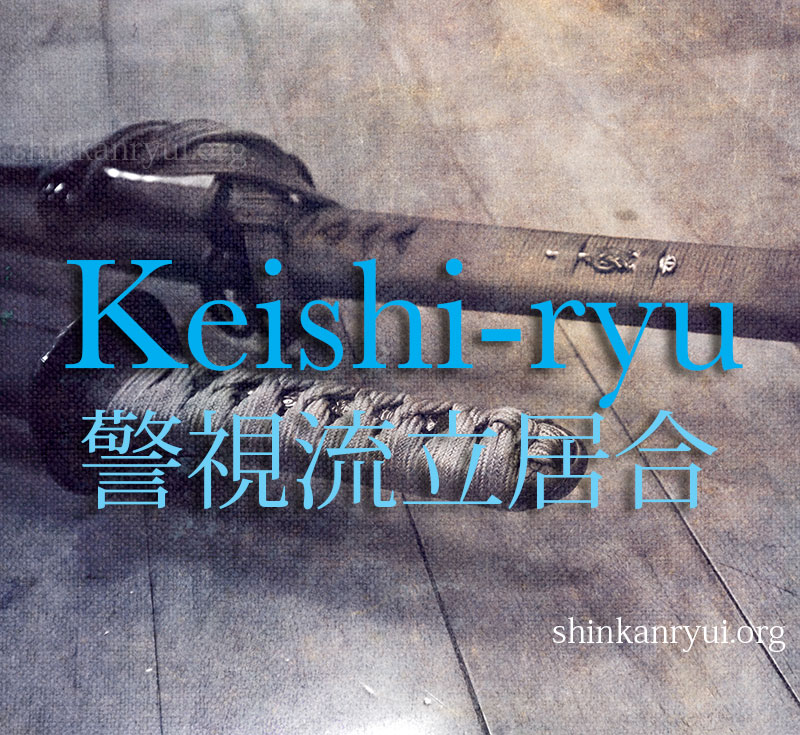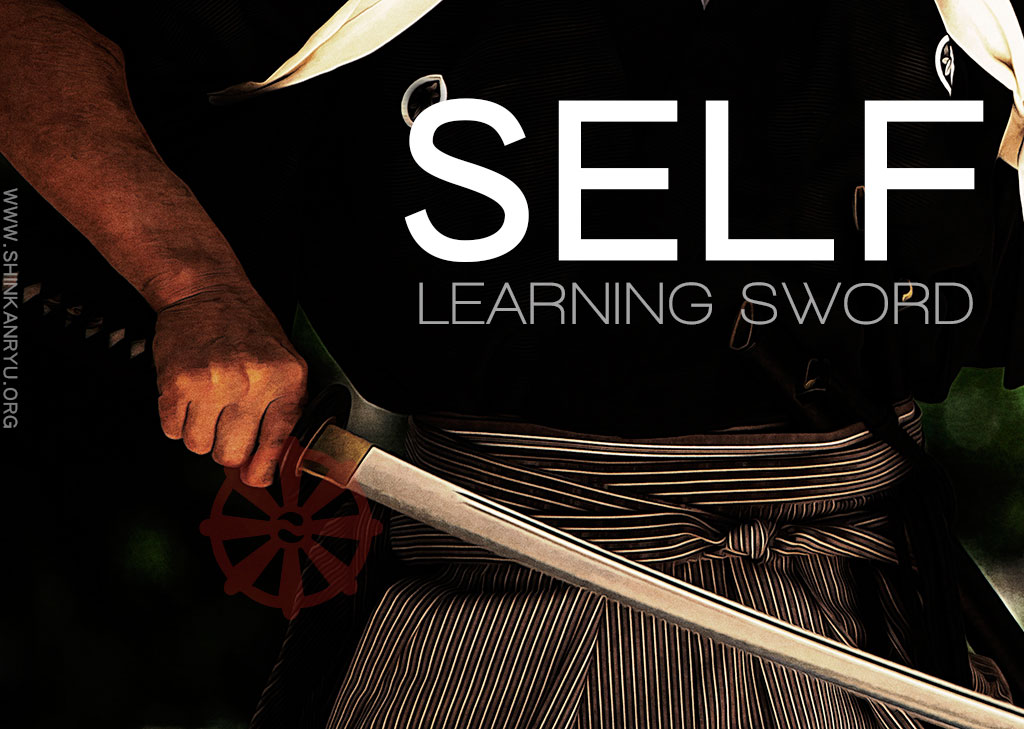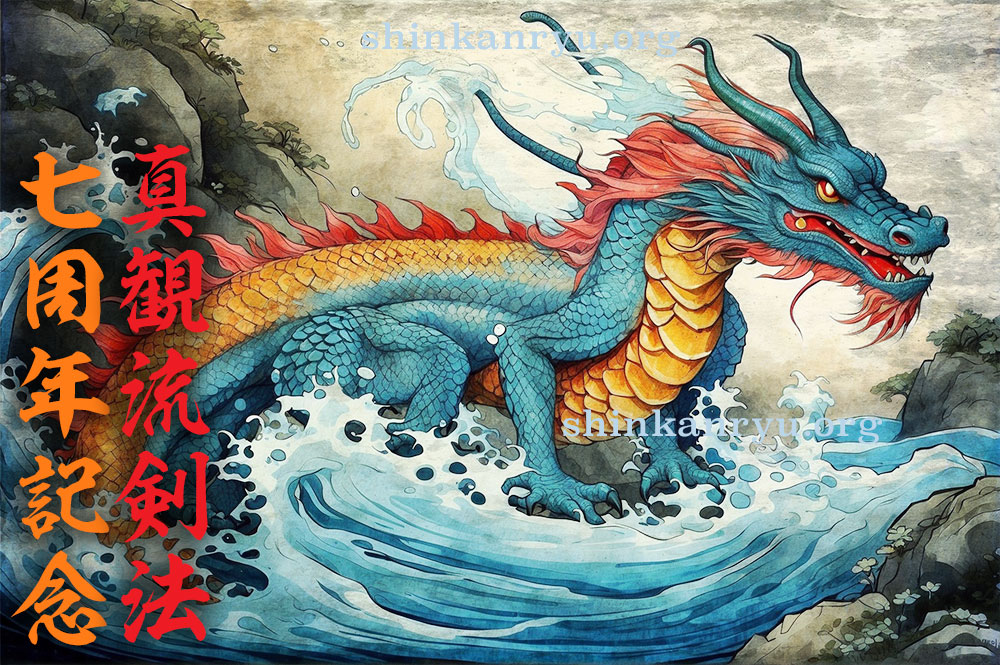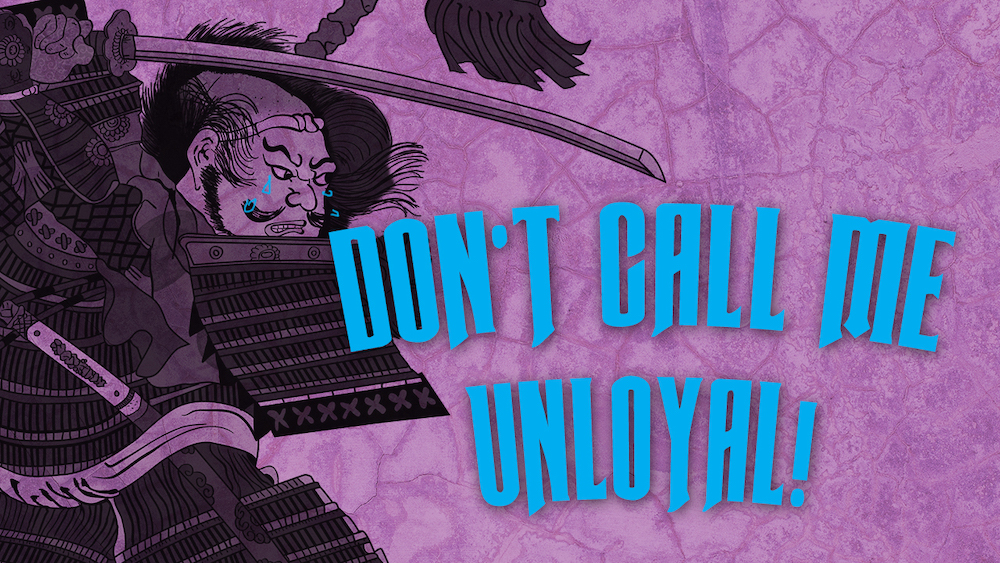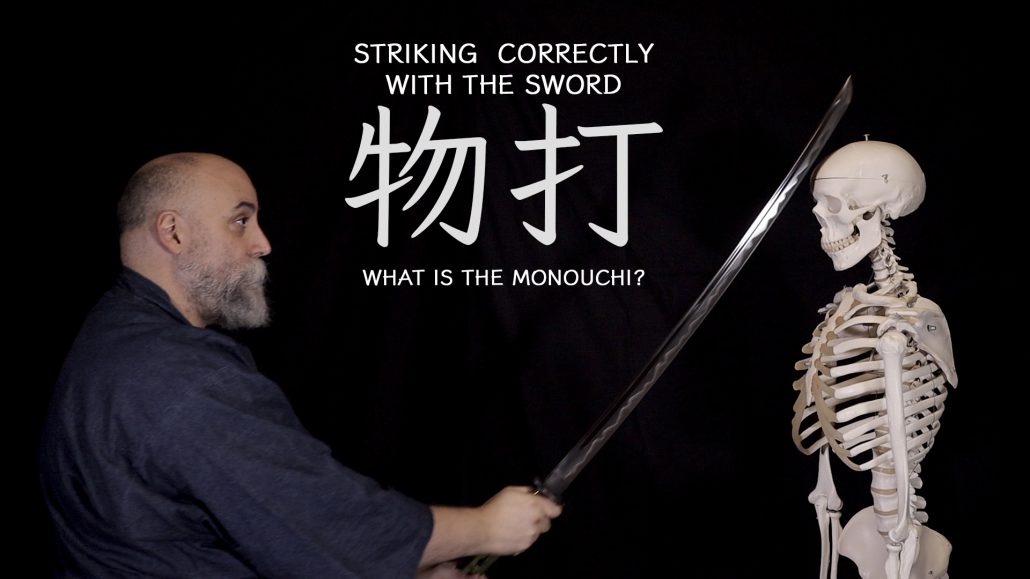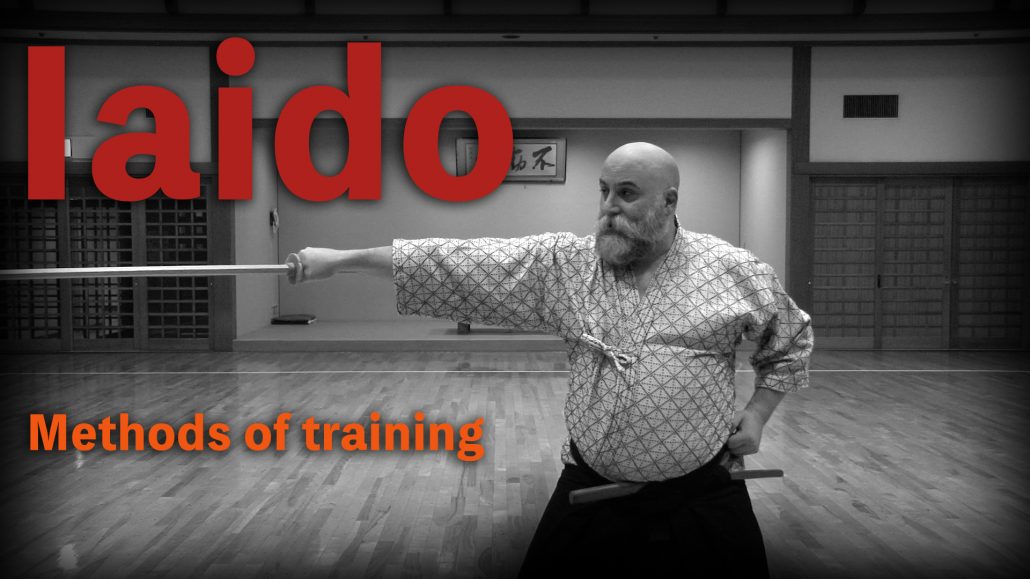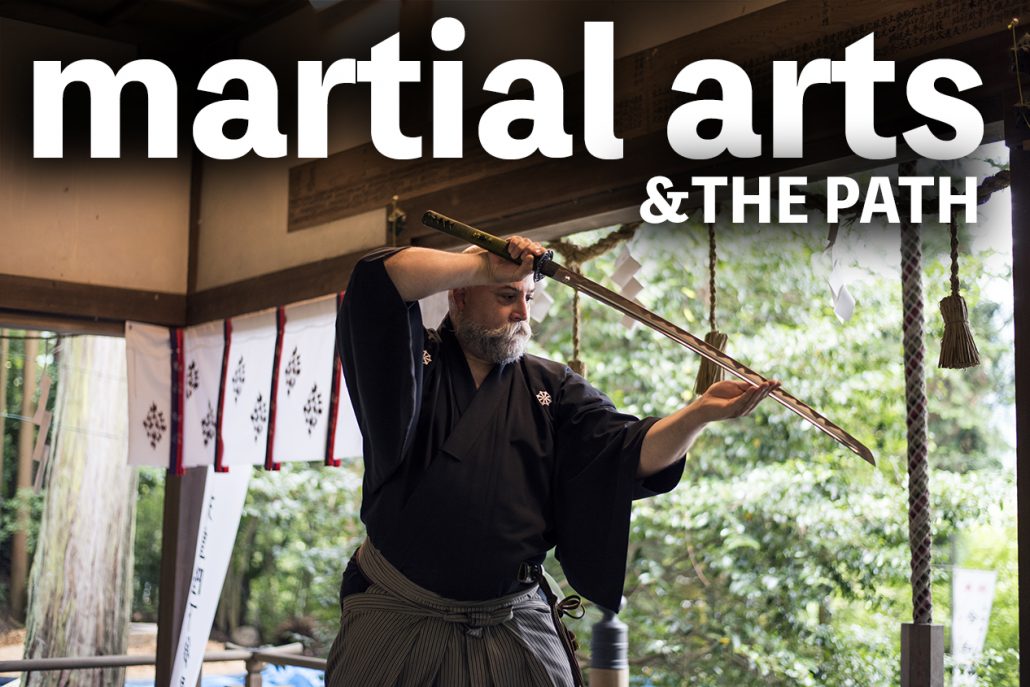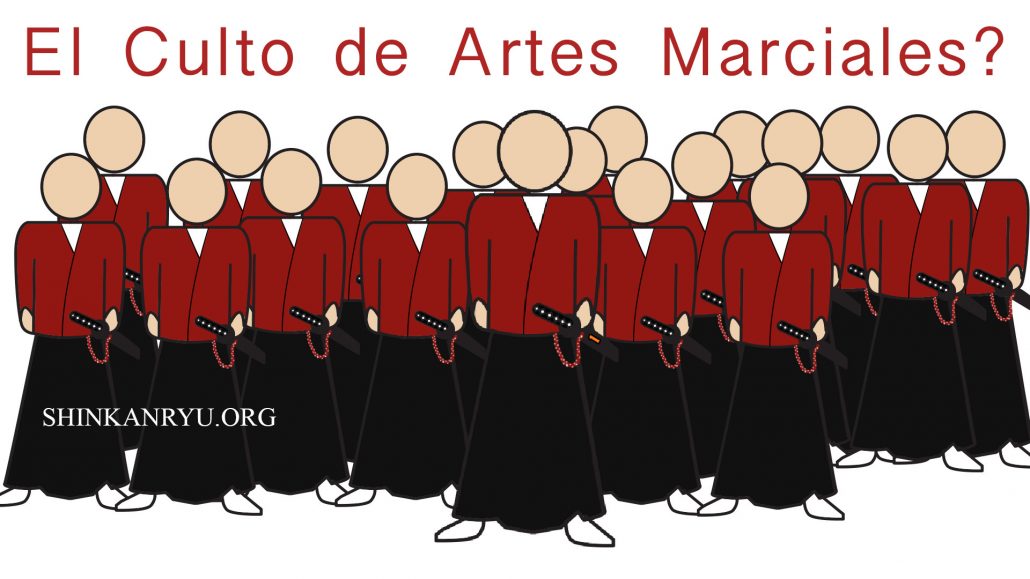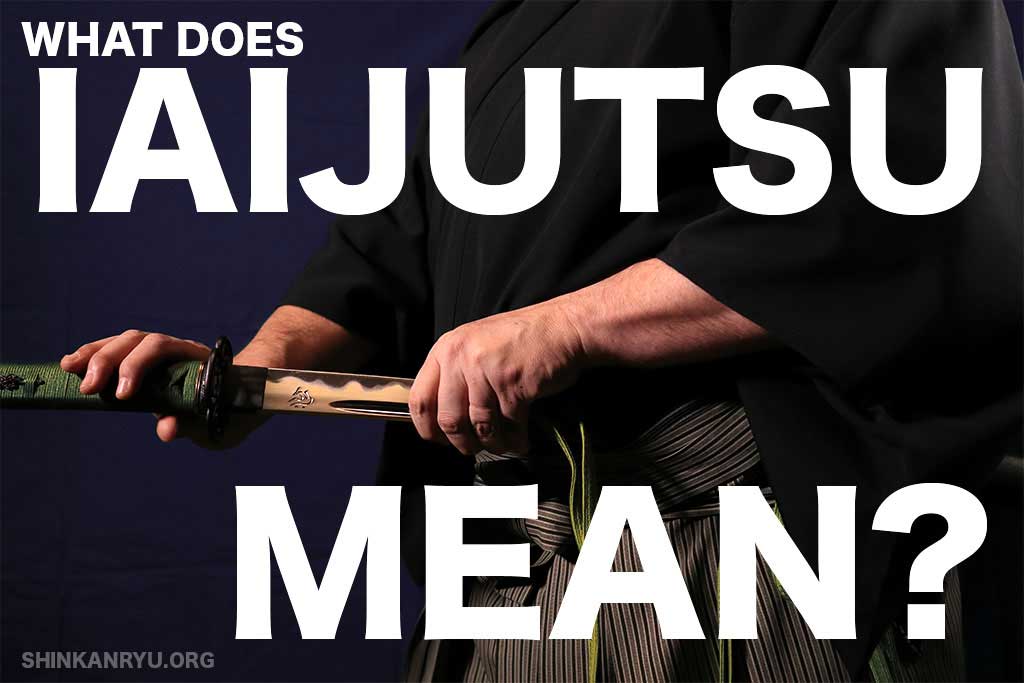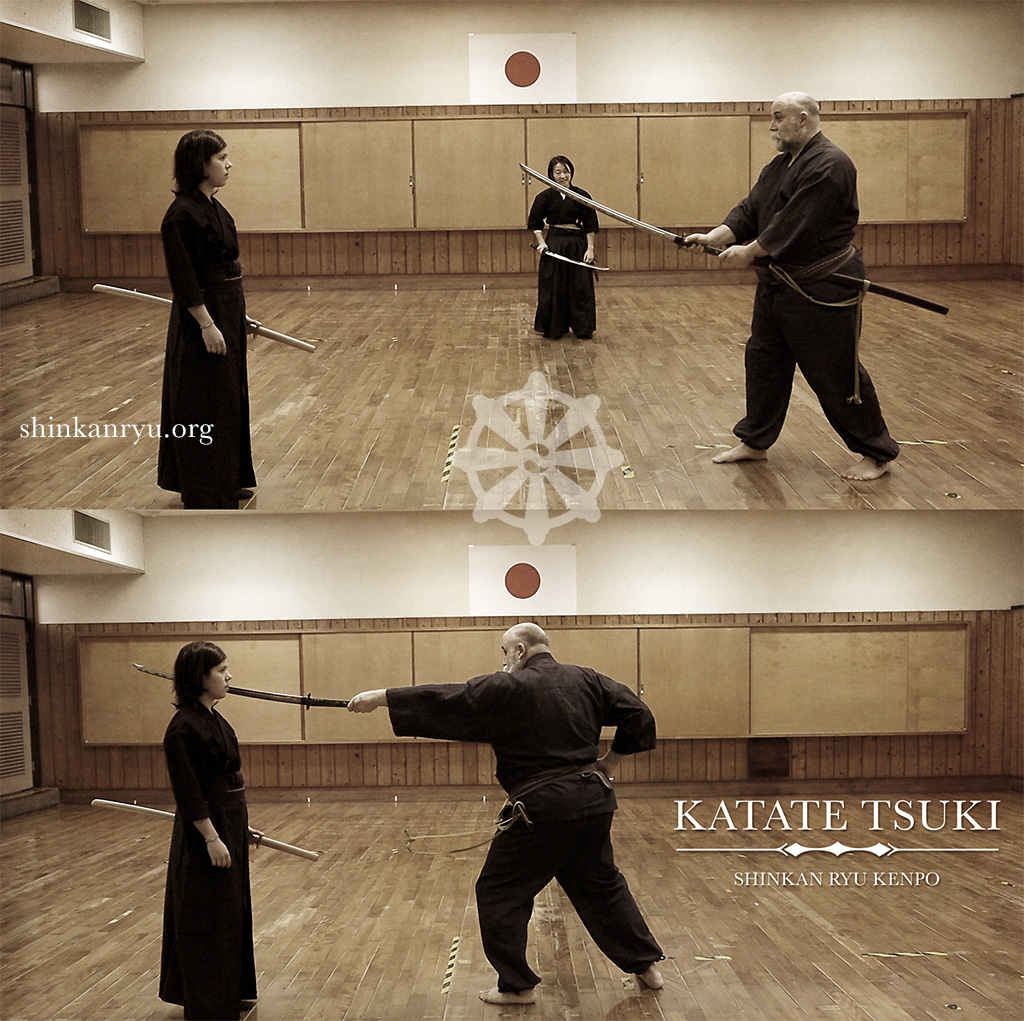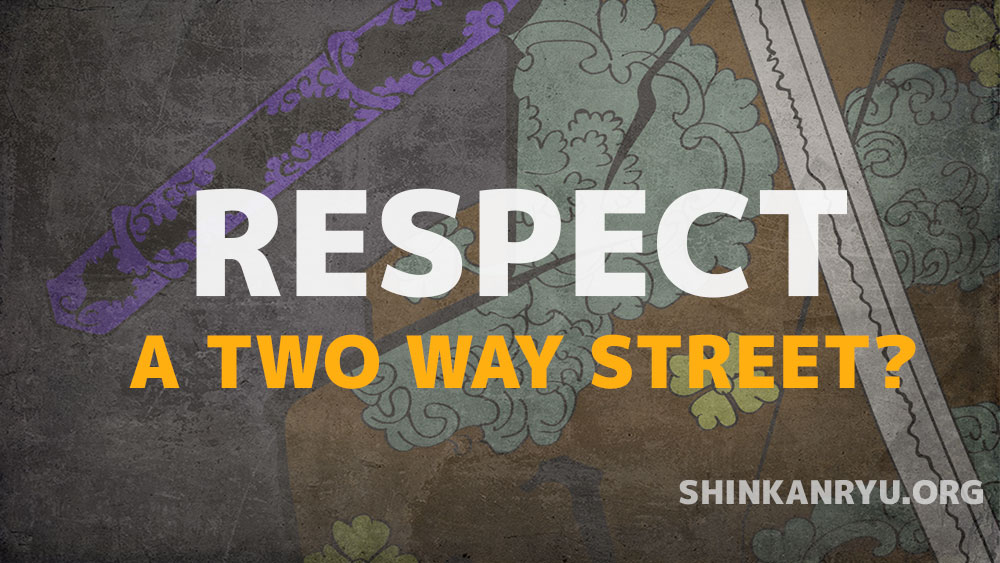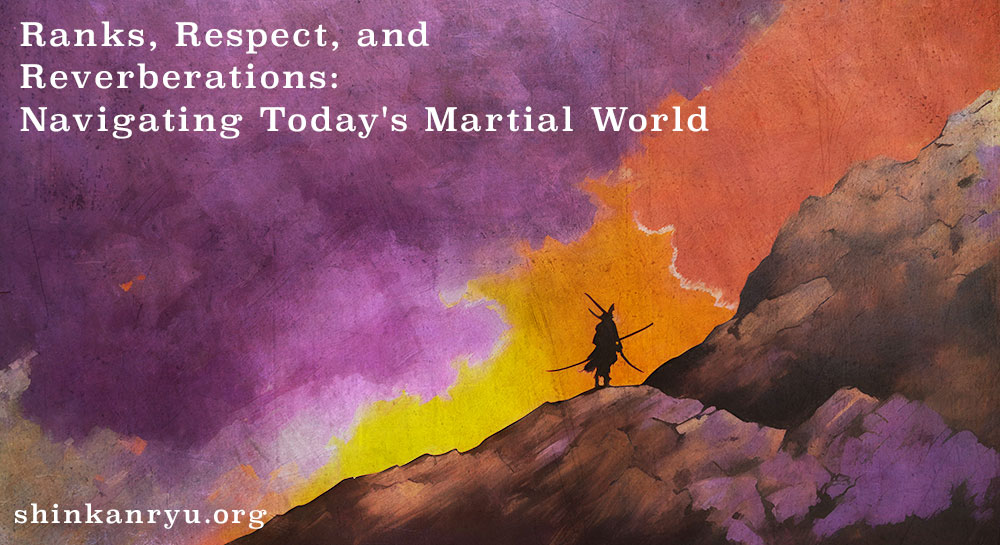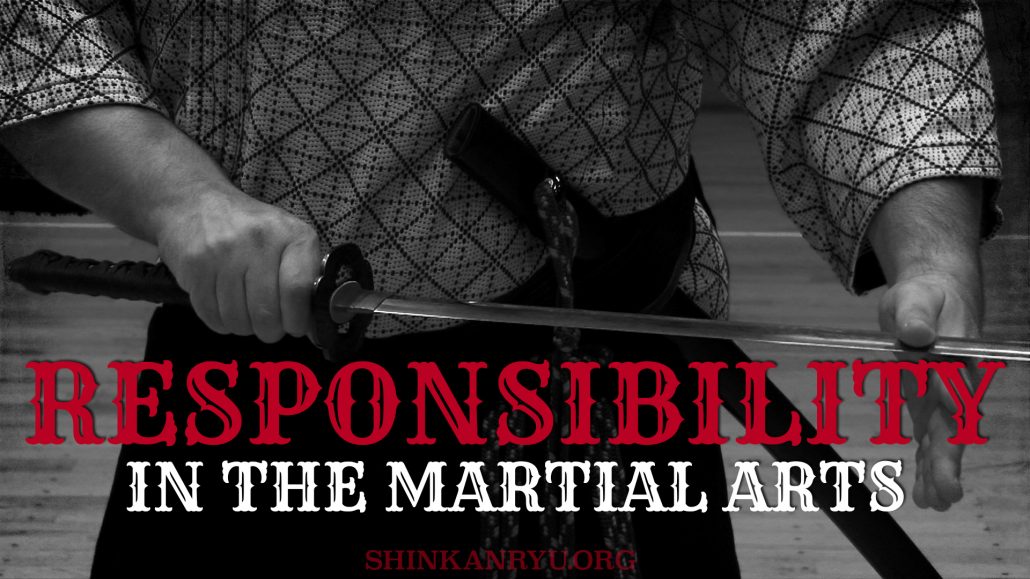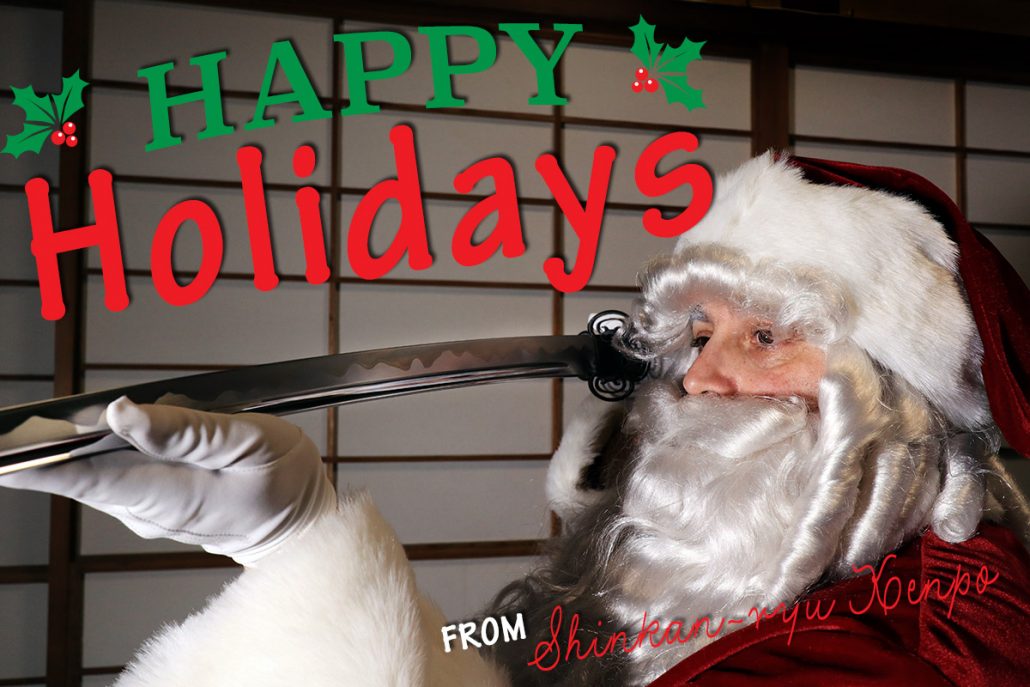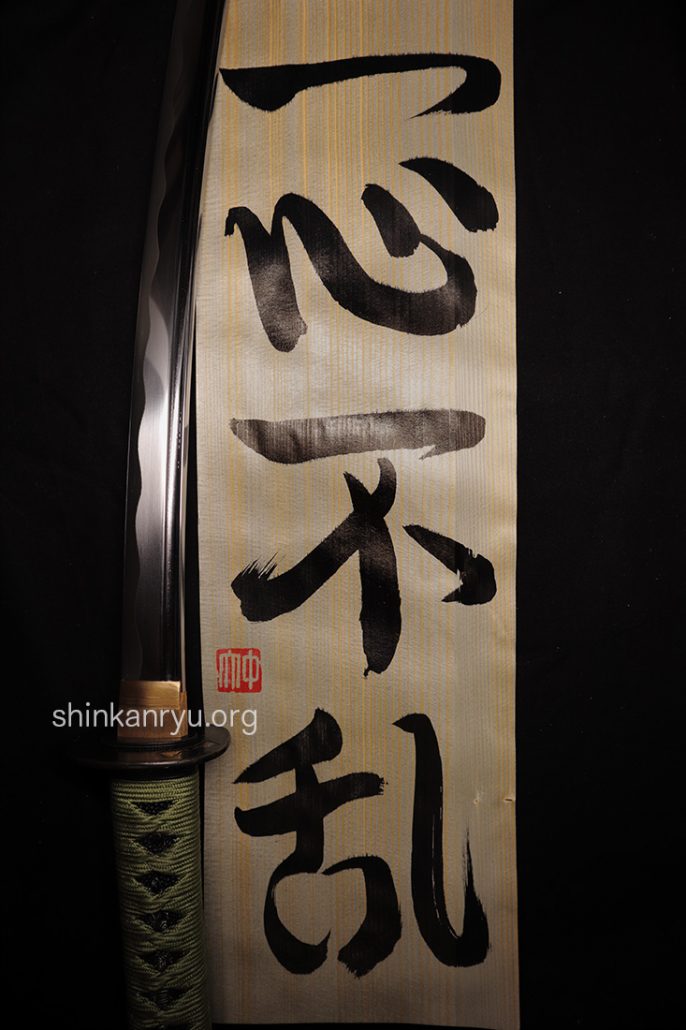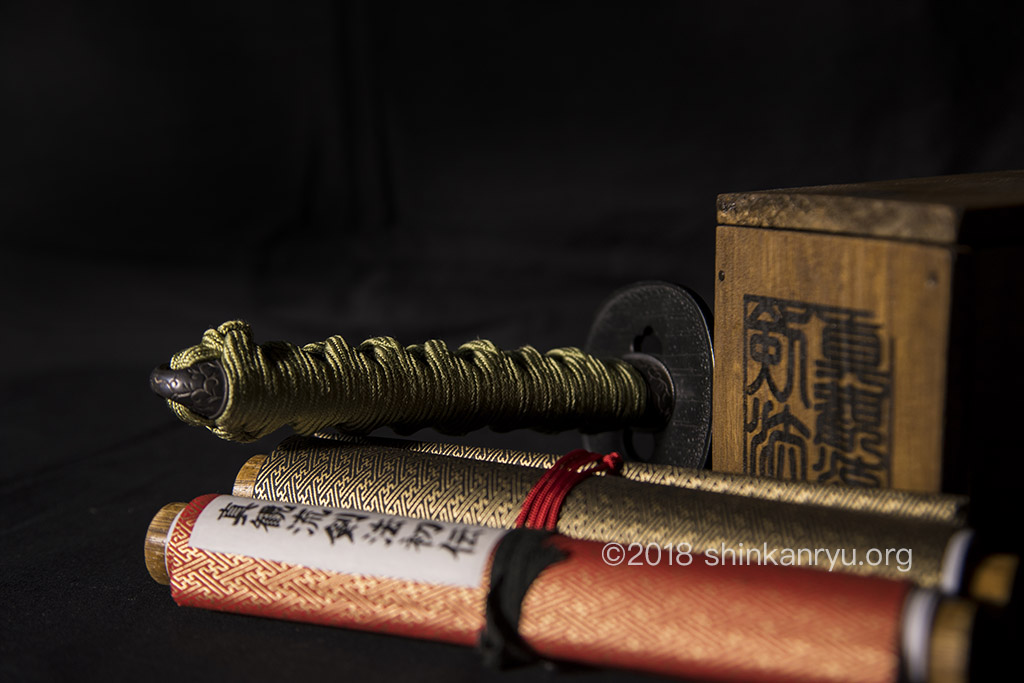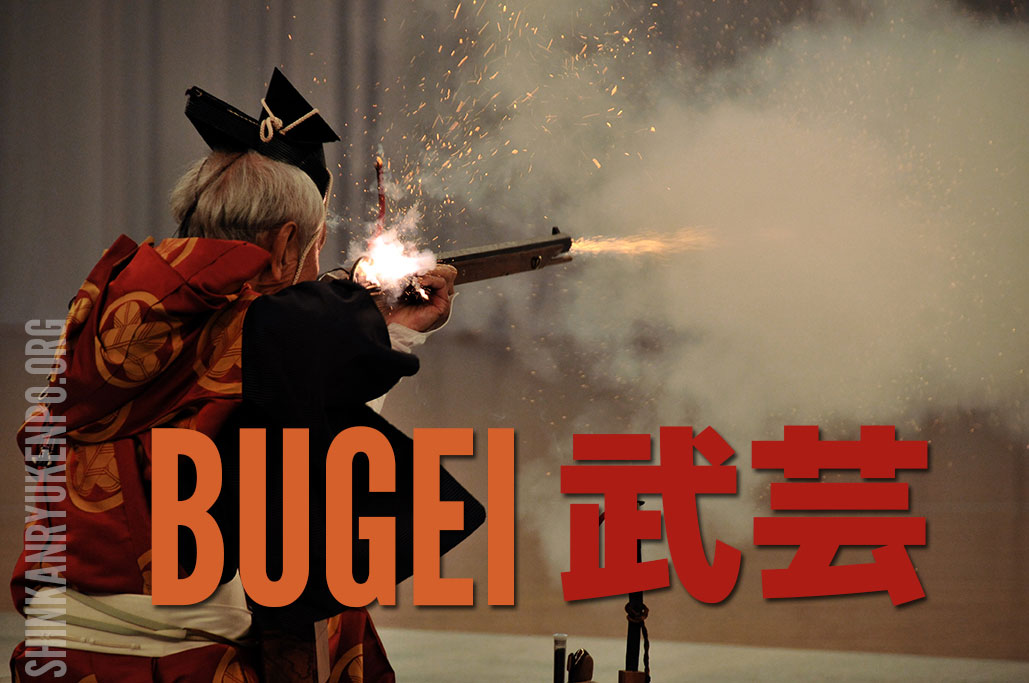Waza Waza Everywhere
In our respective martial arts systems, we learn many waza 技 (techniques). Some ryū-ha (systems) have a handful, while others have hundreds. Can a system with a say sixty techniques be triumphant over a school that taught say 6 or 8? I am not sure what the majority of people think, however, I’ve met a lot of people that equate the numerous ways to use a sword or move your fists about, to be equal to the styles chances of success. Others feel deeply rooted fundamentals can overcome, with its simplicity, more complicated techniques. So what is better? The number of waza or the quality of the techniques?
We are in danger more, and more of falling victim to this mentality; that more is more, and more of something is good. Additional techniques, please! More systems, please! Let me learn this and that and this and that. Some people collect budo waza. I've met quite a few. And I do mean collect. Is it wrong and foolish? Perhaps it is. One thing can be guaranteed; you will not be able to learn anything profoundly by spreading yourself across too many things at once. You certainly can branch out and learn different systems, but the caveat is that you need to do it with the right mind and timing. Otherwise, you're just stuffing puzzle pieces into your pockets, and later you won't remember which goes where. The parts to the waterfall will get mixed up with the night sky. You will not be able to keep the motifs separate.
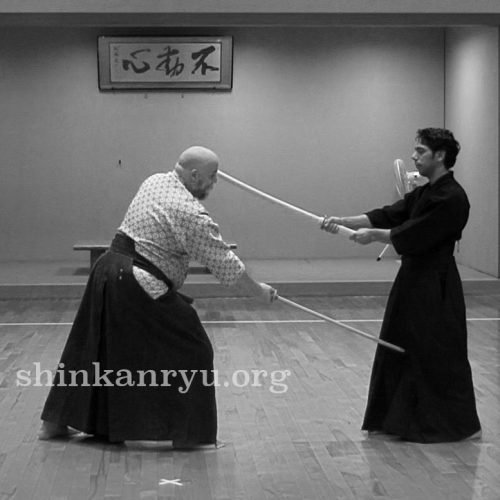
There’s a natural desire from day one of learning to want the next step. "Ok, what next, Sensei? ", "Ok, then what?" "And after that?"
It might be a tired cliche for those practicing for a while, ‘everything in the school can be found in the first technique.’ Somewhat true, but not entirely.
I liken the practice to a fractal. You can keep diving in and realizing there’s more and more and more in a couple of simple moves. Physical techniques are not all that is being transmitted. If you are paying attention, you will catch the rest. Being a sword practitioner, I will relay my own experiences from the katana.
Is it essential to have all these waza?
The first few waza of kumitachi: Ipponme, Nihonme, Sanbonme. How to block, parry, advance, and retreat while attacking. How to bait, lay a trap, and spring it. There is the mental strength to engage in shinken shobu ( dueling with real swords), where you must put your life on the line to be victorious. That is a particular mindset — the willingness to push without concern for life or safety. In essence the attitude of a swordsman. How to use timing and distance. Learning proper and improper maai (spacing). And that at the end that gets tossed out the window anyway. These are all taught in the first couple of techniques.
Learning a thousand things and throwing them all out, as we must do in martial arts. Anyone who spars can tell you, there is no detailed plan for victory the night before. Just the spontaneous advantage of your opponent's openings. That’s not to say you aren't setting yourself up to do it. It is not just pure luck all the time. How to use the sword and body and voice. How the weapon becomes an extension of your body/mind. On and on and on.
Investigate just a few waza and you see everything else is just a variation on a theme.
To an extent, they are essential. Don’t be confused, however, by the desire to acquire. We are material people. No, I won't be singing Madonna. Though we are, and the tendency to want to pocket all these techniques is powerful. We should understand clearly what we are learning. The swordsman should have a mindset and ability that is the base for techniques. The psychology of the warrior is a more significant factor than the number of waza.
Quality of what you know is more important.
I often remember a kohai (junior), whom I once cautioned about learning too much too soon. They were being taught waza after waza. If you are familiar with Lucille Ball working at the chocolate shop, and standing next to the conveyor belt and trying to box all the chocolates coming down, then you might understand the guy at the dojo learning tons of stuff without the ability to deeply process anything.
The junior member I was observing could do none of the two dozen or so he ‘learned’ well at all. When paired with me, we did only the first few together many many times. Was he humoring me, or was he looking more deeply at them? I don’t know, but I was. I still am. Those simple first techniques repeat themselves so often. After a year of practice, I witnessed his skill development. I wasn't impressed. So where did all the acquiring get him? Not very far, in my opinion.
Are you practicing deeply, or are you collecting? Maybe both?
I’ve been guilty of it myself. When I notice that I hunger for the next step, I remind myself to look at what I currently have and that I might not yet understand fully.

ラジカスキー真照
館長Saneteru Radzikowski is the head sword instructor of Shinkan-ryū Kenpō. He lives and teaches Iaijutsu and Kenjutsu from Nara, Japan.
Sword Control
We should not let our mind or body or sword become contorted or controlled by...
When Protectors Become Perpetrators: Martial Arts Community Failures
Recently, a martial arts instructor (Budo Teacher) faced defamatory accusations in a public forum. A...
I Am A Lazy Martial Artist
There is a saying, “You get out of it what you put into it.” It...
On being human and a martial artist
It is difficult to wind through the brambles and thorns of life. It is impossible...
Keishi ryu Iaijutsu
In 1888 the Tokyo Metropolitan Police department decided to cull various ryu-ha together to form...
Basic Blocking In Kenjutsu
Please enjoy this informational budo video about sword blocking in classical Japanese kenjutsu. https://www.youtube.com/watch?v=_NfMrHpeGKM
How to self-learn sword skills?
How to self-learn sword? A question that pops up in my communications frequently is, “How...
7 Year Anniversary of Online and In-person Sword Learning
Today marks a significant milestone in our journey — the 7th Anniversary of Shinkan-ryu Kenpo!...
The Samurai and unwavering loyalty
The Samurai have been portrayed in popular culture as noble and faithful warriors who strictly...
Striking with the Katana: What is the Monouchi?
https://youtu.be/pXpzSBLGkbI
Iaijutsu Iaido Sword Timing Lesson
Timing while training alone is an important aspect to keep alive and well in the...
Martial Arts and The Path: Strive for the truth
If you study the way and path 道, then you should understand the truth correctly....
Estás Involucrado en un Culto de Artes Marciales?
Recientemente tuve una conversación con alguien que se refirió a su escuela como una genuina...
What Does Iaido & Iaijutsu Mean?
Iaijutsu and iaido are components of kenjutsu 剣術, the arts of the sword. Iaijutsu, iaido...
Katate Tsuki-One handed Thrust Iaijutsu
[fusion_builder_container hundred_percent="no" equal_height_columns="no" menu_anchor="" hide_on_mobile="small-visibility,medium-visibility,large-visibility" class="" id="" background_color="" background_image="" background_position="center center" background_repeat="no-repeat" fade="no" background_parallax="none" parallax_speed="0.3"...
Respect is a two way street in martial arts
Respect is a two-way street, however, how many people are driving recklessly? “If you want...
Ranks, Respect, and Reverberations: Navigating Today’s Martial World
In the hallowed path of martial arts, the journey has always been as significant, if...
Martial Arts Responsibility
As a martial arts instructor, or school, or especially if you’re representing an authentic Japanese...
A Very Budo Christmas Happy Holidays & New Year
Happy Holidays and Happy New Year to all of you that were kind and supported...
Bujutsu Thoughts Issin-furan
[fusion_builder_container hundred_percent="no" hundred_percent_height="no" hundred_percent_height_scroll="no" hundred_percent_height_center_content="yes" equal_height_columns="no" menu_anchor="" hide_on_mobile="small-visibility,medium-visibility,large-visibility" status="published" publish_date="" class="" id="" background_color="" background_image="" background_position="center...
Budo Thoughts
There are techniques and scrolls and teachings all over the dojo. What does it matter...
What does Bugei mean?
Bugei translates as Martial art, Military arts, or Arts of war. Bu 武 means warrior...
©2018 S.F.Radzikowski


